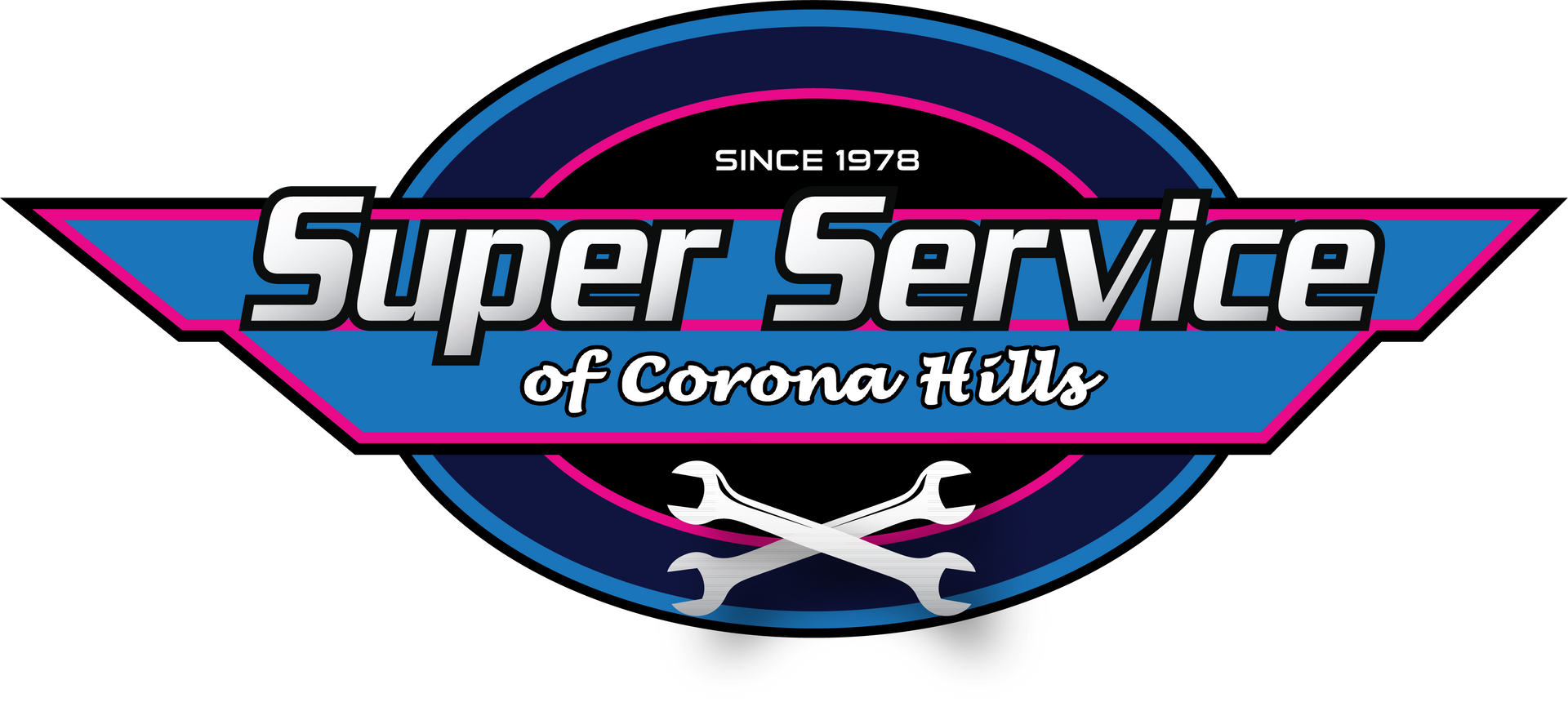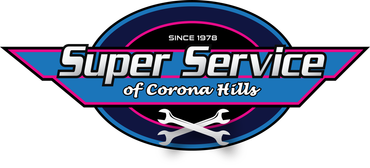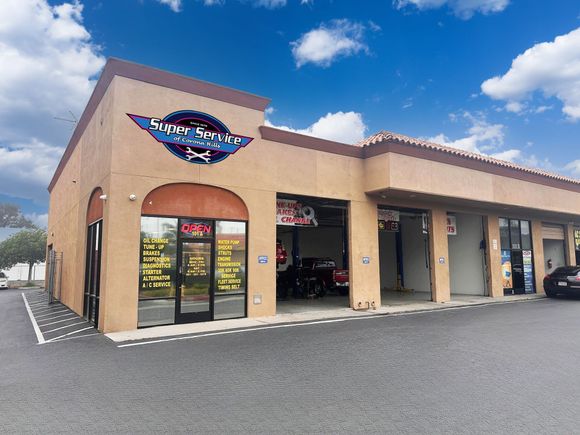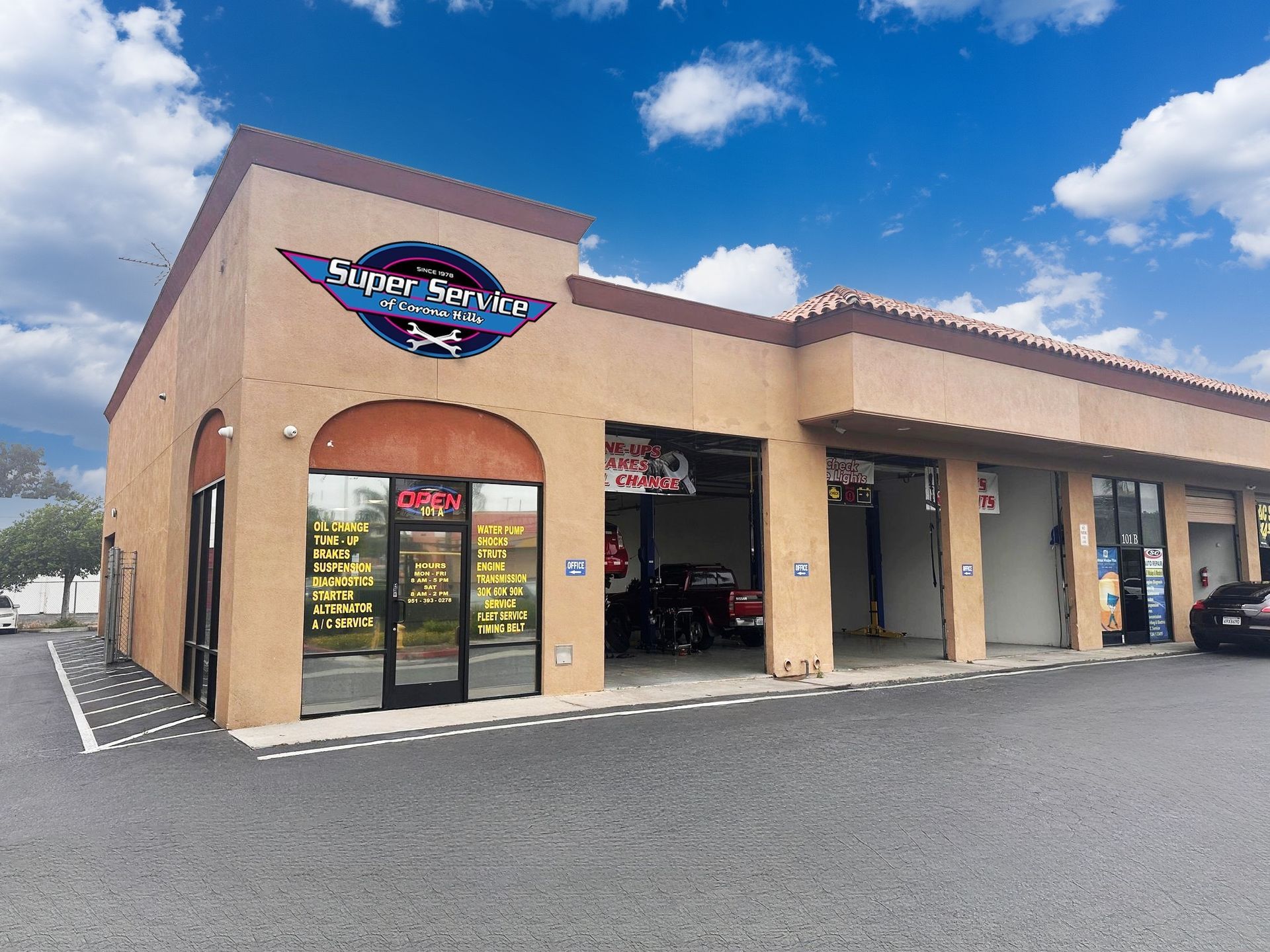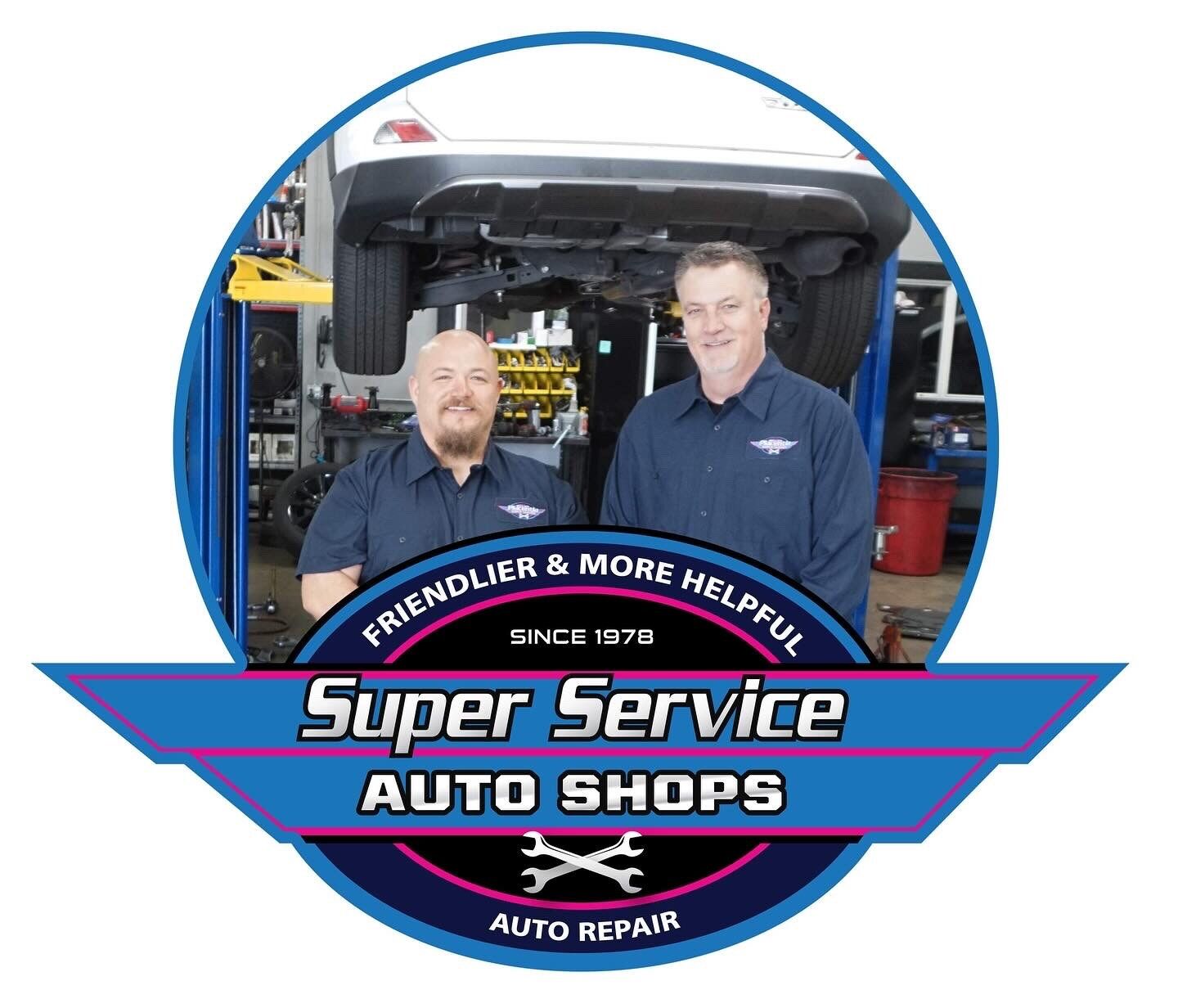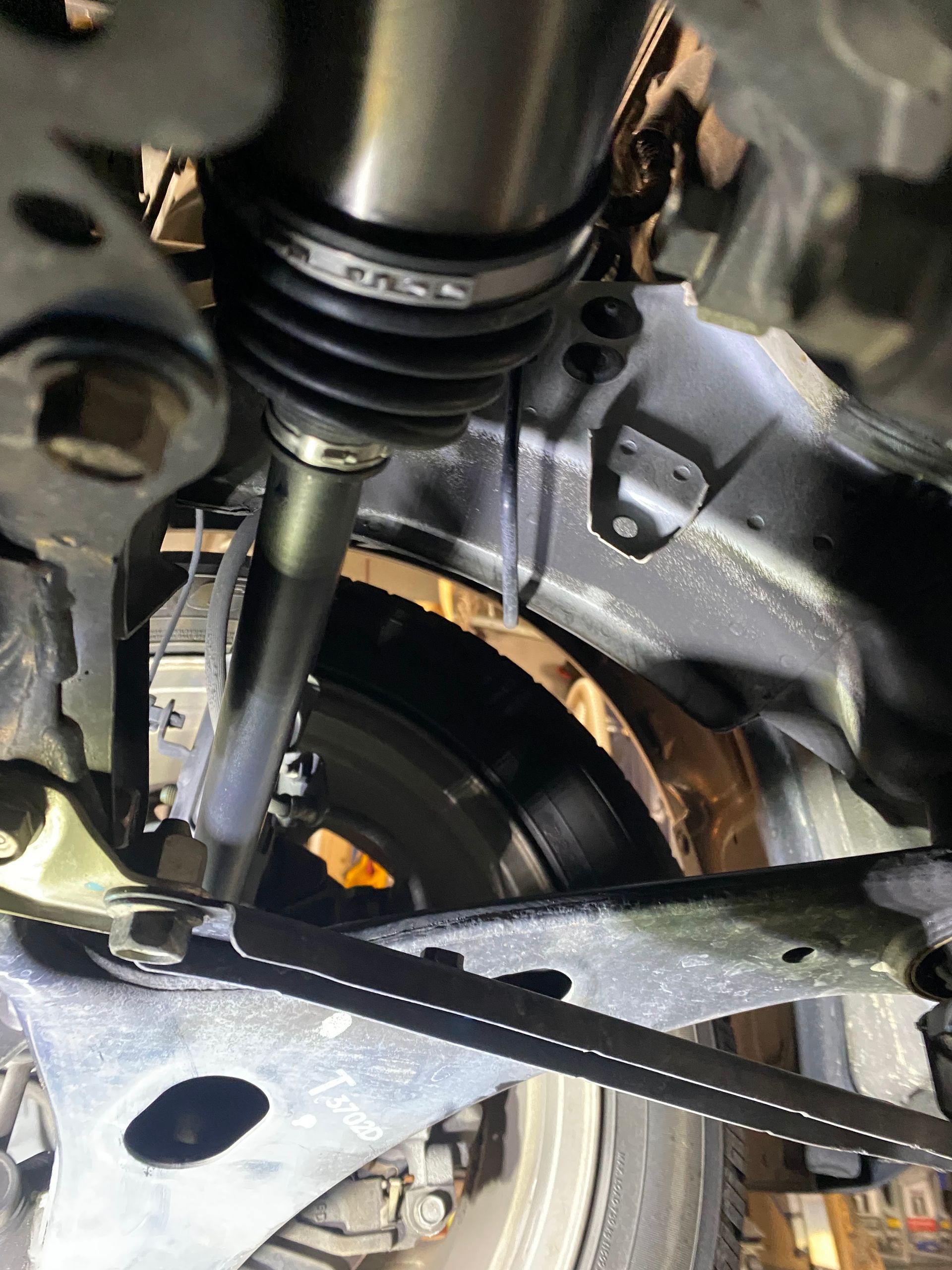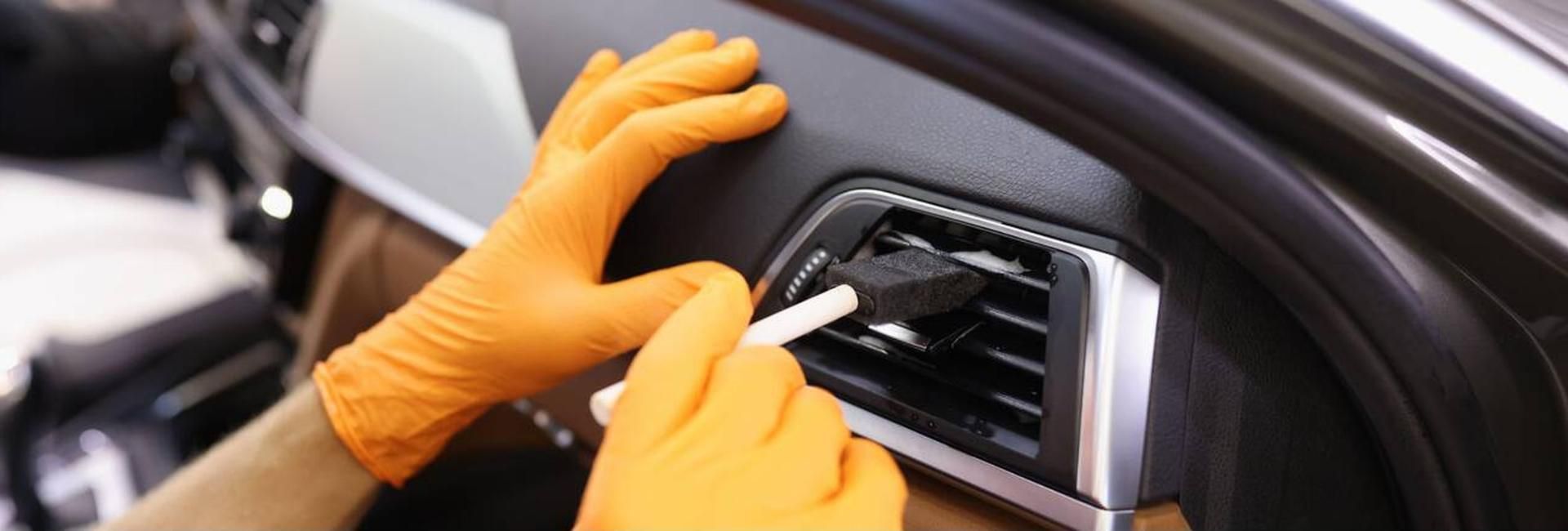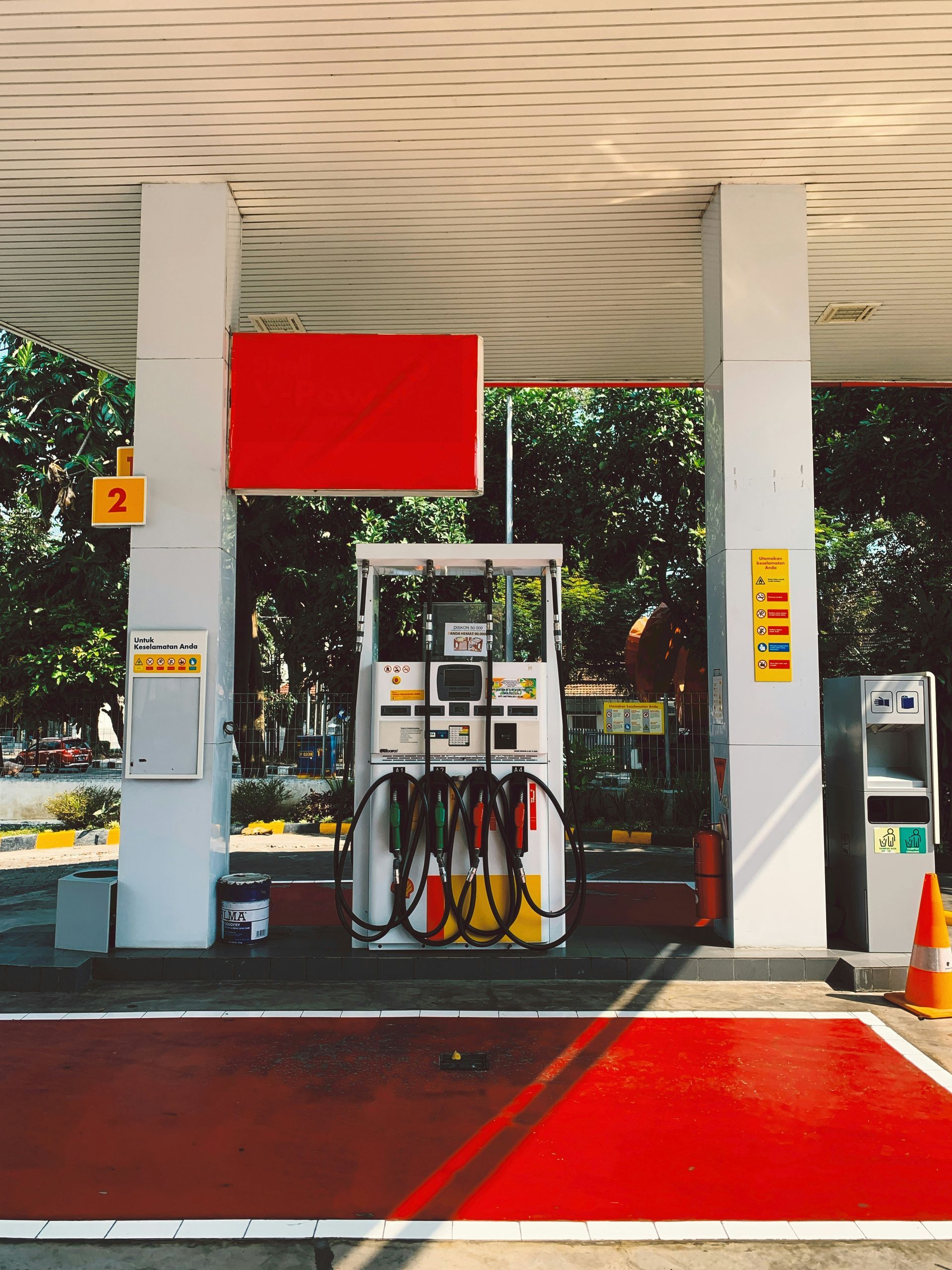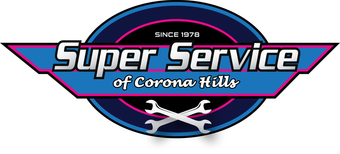Reviews
What Our Customers Say About Us

"Just picked up my car from the shop and I'm very happy with the results. Cal went way above and beyond my expectations. He was kind, respectful, and genuinely cares about my satisfaction as a customer. 10/10 would recommend anyone to come here for their car problems."
Julia Posusta

"If Car Clinic of Corona could be in the dictionary or thesaurus book, it should be listed under two words: "Honesty" and "Reliability."
...
Whatever it is, do NOT look anywhere else - this is the best shop and guy in town! You will not regret it!"
Tushar Trivedi

"No funny quotes with hidden agenda or hidden charges; no withholding of information to steal your business. Helped revive and bring our old is gold Honda and an Audi into almost brand new: rode like butter with no spurious or funny sounds. Will happily ditch the authorized service centers for Cal at Car clinic."
Mehta 7.
Our Team Members
Meet the Team
Welcome to Super Service of Corona Hills, formerly Car Clinic! At Super Service of Corona Hills, we don't just fix cars; we take care of the people who drive them, transforming their entire auto repair experience. We live up to our Super Service name with friendly, impeccable service and honest, reliable repairs. Our attention to detail makes a big difference, offering digital inspections, concierge service including courtesy loaners, pickup & drop-off service, and a 3-year, 36,000-mile parts and labor nationwide warranty.
In 1978, our first location opened in Placentia with a mission to revolutionize the car service industry one repair at a time. Since then, we've expanded to four total locations: Placentia, Aliso Viejo, Pomona Valley, and now Corona Hills! Regardless of which location you visit, each one is dedicated to delivering the Super Service that has built our reputation for over 45 years. Our Corona Hills address is 2189 Sampson Ave #101a, Corona, CA 92879. We're open Monday through Friday, 7:30 AM to 5:30 PM, with 24-hour drop box availability for after-hours vehicle drop-off.
Our digital inspections are a key part of transforming your auto repair experience. When you have your vehicle serviced at Super Service of Corona Hills, you'll receive a comprehensive digital report via email or text, complete with photos, videos, and notes. You'll see exactly what our technician sees on your vehicle, making it easier for you to make informed decisions about your vehicle’s service.
Our technicians are up-to-date with the latest training and technologies to ensure you receive the highest quality repairs. Several of our ASE Certified Technicians have achieved Master-Level Certification, the highest achievement in the auto repair industry! Visit superserviceautoshops.com to learn more about our commitment to excellence, and follow us on Facebook for the latest news and special promotions. If you’re new to our Super Service family, please enjoy a $25 discount on your initial visit.
Hundreds of rave reviews don’t lie! With our motto of ‘Friendlier and More Helpful Auto Repair,’ it’s no wonder our customers have good things to say about us. Check out our reviews on Yelp and Google, and feel free to share your own experience. Integrity is the foundation of our success, so you can always count on Super Service of Corona Hills for honest recommendations. If you have a question or concern, our friendly customer service team is always happy to assist you.
Services
Our Services
Preventative Maintenance
Regular preventive maintenance keeps your vehicle running smoothly and avoids costly repairs. Trust our experts to keep your car in top condition with oil changes and fluid checks.
Brake Repair & Service
Your safety depends on reliable brakes. Our brake service includes inspections, pad replacements, and system checks to ensure optimal performance. Drive confidently with our expert care.
Tire
Services
Proper tire maintenance enhances performance and safety. Our tire services include rotations, balancing, and replacements to extend tire life. Stay safe and efficient on the road.
Wheel
Alignment
Correct wheel alignment prevents uneven tire wear and improves handling. Our alignment services ensure your vehicle drives straight and true. Keep your ride smooth and your tires lasting longer.
What Matters to Us
Our Values
Trust
At Super Service of Corona Hills, we build relationships through honesty and transparency, ensuring you always feel confident in our care.
Excellence
We provide top-quality automotive repairs using the latest technology and best auto parts. Our mechanics ensure superior care for your vehicle.
Teamwork
Our skilled team of expert mechanics collaborates to deliver efficient, reliable automotive service, resulting in a smooth experience for our customers.
Dignity
We treat our customers and their vehicles with the utmost respect. Our mechanics will prioritize your needs in a welcoming and considerate environment.
Gallery
Our Gallery
Frequently Asked Questions
Our Location
Located in the heart of Corona Hills, Super Service of Corona Hills is your premier automotive service center, dedicated to providing unparalleled auto repair and maintenance services. Proudly serving Corona, CA, and the surrounding communities, we're your ASE-certified hub for expert vehicle care, backed by a robust 3-year/36,000-mile warranty. Our strategic location offers seamless access for residents across the region, ensuring your automotive needs are met with efficiency and expertise. Whether you're seeking routine maintenance or more complex repairs, our seasoned team is equipped to deliver top-tier service to the following communities:
- Corona, CA
- Corona Hills, CA
- San Dimas, CA
- Montclair, CA
- Chino, CA
- Chino Hills, CA
- Diamond Bar, CA
- Walnut, CA
- Covina, CA
- West Covina, CA
- Glendora, CA
- Upland, CA
- Ontario, CA
- Azusa, CA
- Baldwin Park, CA
- Rancho Cucamonga, CA
- Rowland Heights, CA
- Hacienda Heights, CA
- Brea, CA
- Fullerton, CA
- Norco, CA
- Eastvale, CA
- Claremont, CA
- La Verne, CA
